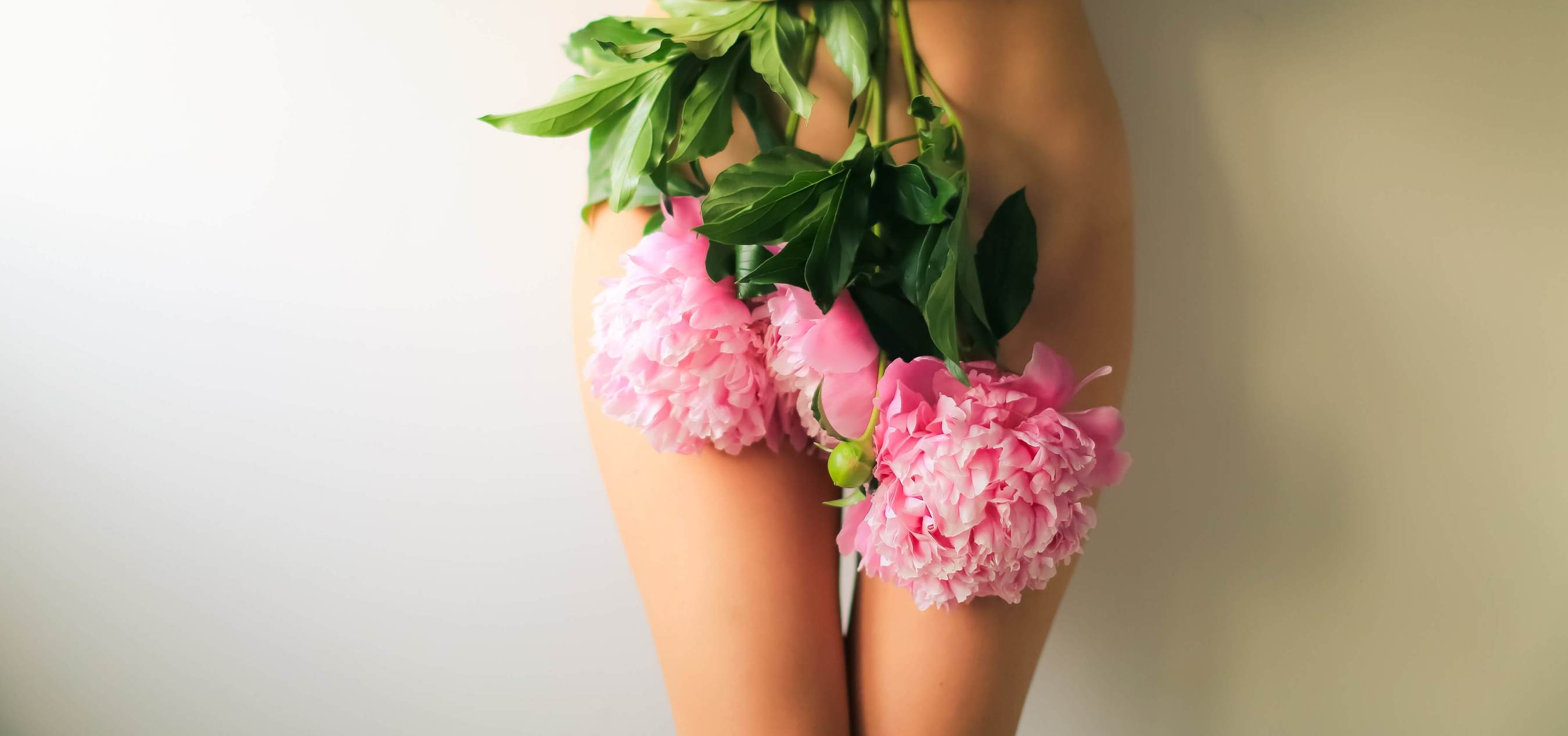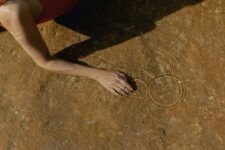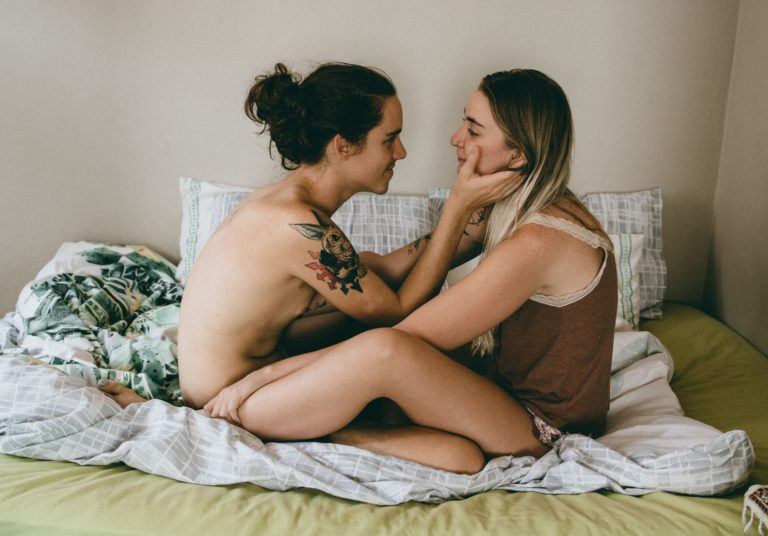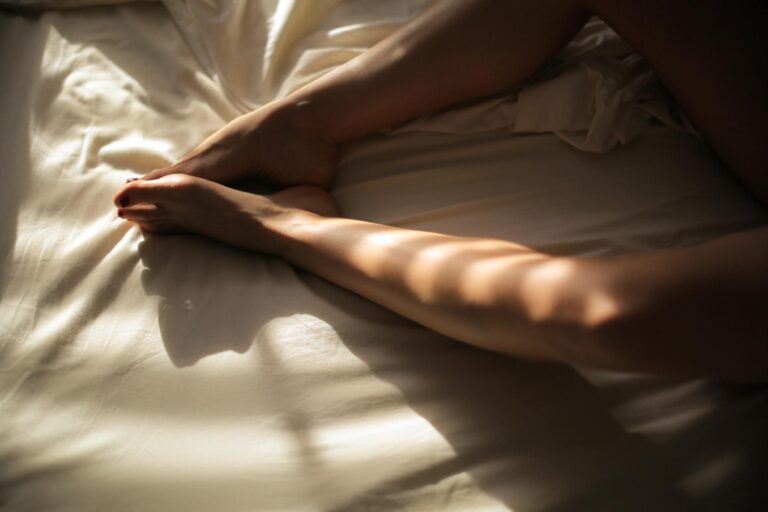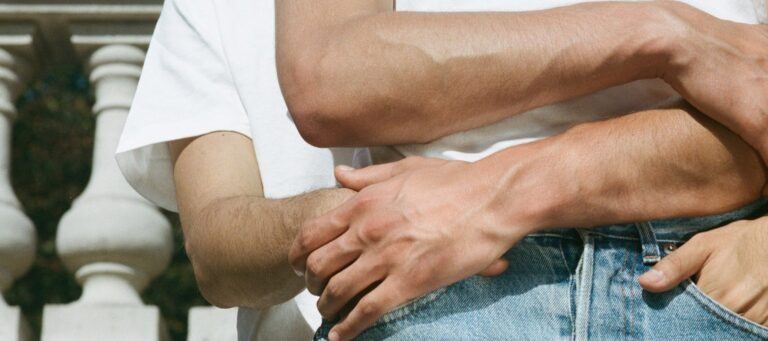When you are in the heat of intimacy but have to stop because it hurts, you may be experiencing vulvar pain. Many would describe vulvar pain as burning, feeling raw, sharp, or painful to the touch. It can be severe enough to prevent someone from wanting to wear jeans, ride a bicycle, use a tampon, or have sex. One in every four women* experiences vulvar pain, which can affect nearly every facet of everyday life. Activities that were once comfortable become difficult, leading to a cycle of stress that can make the pain even worse. Vulvar pain can be a stubborn, chronic condition spanning years.
One subset of vulvar pain is called Vulvodynia, also known as vestibulodynia or vulvar vestibulitis syndrome. Vulvodynia is pain that happens with or without pressure, either localized to the vulva opening or generalized to the entire vaginal area. Typical treatment includes topical and/or oral medications, local injections, pelvic floor physical therapy, counseling, and biofeedback. Unfortunately, none of these treatments provide relief on a consistent basis, so patients typically have the painful skin surgically removed with some success. Surgery is not without risk, however. So, effective and non-surgical treatments such as acupuncture can be helpful for these patients.
Acupuncture is well known for its ability to effectively treat chronic pain. In a small study, women* suffering from vulvodynia reported a significant reduction in pain with acupuncture and moxibustion. When treating vulvodynia with acupuncture, it is important to create a treatment plan that is tailored to each person’s pain presentation. For example, warmth can help some people, but not others. The way vulvar pain manifests can be different from case to case. An acupuncturist considers this information and gathers information about how the patient’s body is functioning as a whole in order to design a successful treatment plan.
Different acupuncture points and herbs will be prescribed based on how the patient experiences pain and the overall state of health.
Vulvodynia often requires more frequent visits at first, such as acupuncture two times a week over eight to twelve weeks as opposed to weekly treatments over a longer period of time. The brain and nervous system work hard to adapt and accommodate daily life with chronic pain, so reversing this can be difficult. More frequent acupuncture treatments at first seem to yield better and faster results for vulvodynia. Acupuncturists may also prescribe Chinese herbs, either orally or as a vaginal steam. Chinese massage called Tui Na can also help reduce pain.
If you are working with a doctor to address vulvar pain, adding acupuncture to your current medical treatment plan may improve your results. In my clinical practice, I find that acupuncture enhances western medical treatments very well for this condition. I’m currently investigating the effects of combining acupuncture with a common topical cream for vulvar pain. Stay tuned for the results!
Lee Hullender Rubin is a Doctor of Acupuncture and Oriental Medicine and licensed acupuncturist, as well as a friend of the Yinova Center. With more than 12 years as an acupuncturist and more than 5 years integrated into an IVF clinic, she is dedicated to women’s reproductive health and well-being. To read more articles and learn more about her practice in Portland, Oregon, visit her website here.
* Language used in the study referenced.
